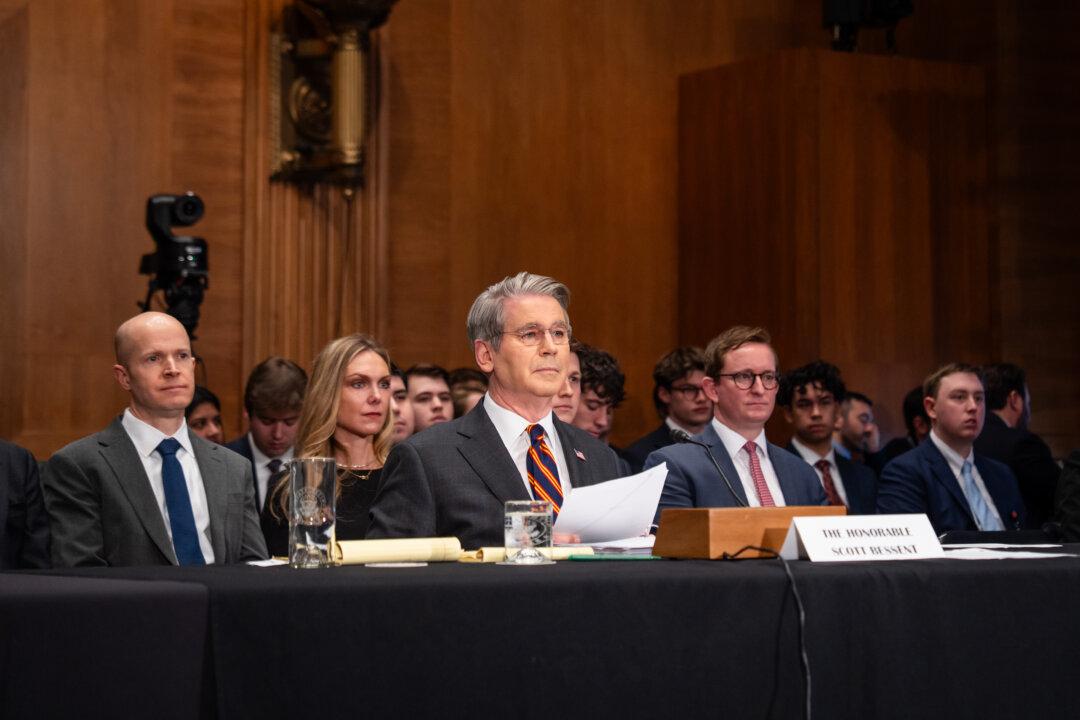Google has announced it will remove links to Canadian news on its platforms in Canada due to the recently passed Bill C-18, which forces tech giants to compensate media outlets for content they share online.
“Bill C-18 has become law and remains unworkable. The Government has not given us reason to believe that the regulatory process will be able to resolve structural issues with the legislation,” said Kent Walker, Google’s president of global affairs, in a June 29 release.





